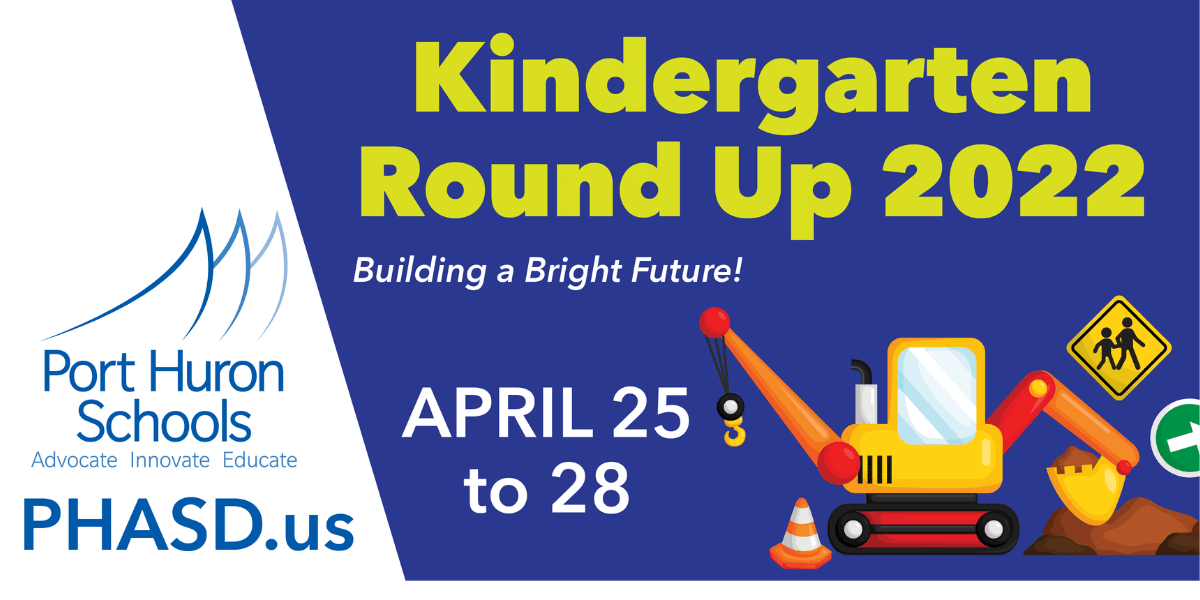Port Huron City Manager James Freed testified in front of the Michigan House of Representatives Oversight Committee on Thursday, February 17, 2022 about the way the Michigan Occupational Safety and Health Administration (MIOSHA) handled a complaint against the city for a COVID-19 workplace safety violation.
Freed mentioned several times during his testimony that he was hesitant to appear before the committee, but he felt the truth needed to be told to honor the reputation of the City of Port Huron and its employees.
During his testimony, Freed defended the policies enacted by the City of Port Huron to keep its workers safe during the COVID-19 pandemic including following public health orders and establishing additional safety measures such as microbial disinfection of city offices and vehicles and structural changes to City Hall.
“We took COVID-19 very seriously,” said Freed. “My job first and foremost is the welfare and safety of my residents and employees, and I took that very seriously.”
Freed’s testimony described the way an anonymous complaint was handled by MIOSHA, specifically how the investigation was handled when the inspector performed a site visit to city offices and found no violation. The inspector wrote a citation anyway, the City of Port Huron appealed, and MIOSHA eventually dismissed the citation. During the deposition for the appeal, Freed said the inspector admitted under oath that he had observed no wrongdoing and destroyed emails and documents related to the case.
In closing, Freed stated the the issue is with the appeals process within MIOSHA did not work.
“Mr. Hartman [the inspector] testified in the deposition, under oath, that when we put in an appeal challenging the facts of the case his supervisor, Curtis Johnson, never asked him about it, never reviewed the evidence, just rubber-stamped – denied the appeal. Anyone who took a look at the case knew it was meritless,” said Freed.
After he shared the City’s experience with the Oversight Committee, the committee members were able to respond and ask questions. Several congratulated Freed for his response to the situation and applauded him for coming in to testify.
Rep. John Reilly from Oakland Township said from his experience only about 5% of people affected by MIOSHA would come before the committee to testify.
Representative Julie Brixie from Okemos focused her questions around the original complaint to which Freed continually repeated the COVID-19 safety measures the city had in place and reiterated that the inspector found no evidence to support the complaint and that it was dismissed.
Representative Stephanie A. Young from Detroit also asked about safety measures and the City’s response to complaints, and Freed shared that the city had only one known employee-to-employee transmission of COVID-19.
At the end of the hearing, Freed said, “When you challenge a state agency and you talk about a state agency, we must take a moment that there are thousands and thousands of hardworking state employees throughout LARA, throughout MIOSHA, throughout the DOT, throughout the Michigan State Police, every organization has bad apples. I do not want this to reflect on the state employees as a whole who tirelessly come to work all through the pandemic to ensure state services were delivered to our residents in the State of Michigan.
The House Oversight Committee will hear testimony from MIOSHA next week, and they are tasked with deciding what the government’s role will be in situations like these in the future.
Representative Andrew Beeler – Port Huron, responded to Freed’s testimony in a press release stating, “Regardless of political disagreements about pandemic policies, it should horrify every citizen of our state that Gov. Whitmer’s administration didn’t enforce safety violations fairly. After issuing a penalty without evidence to the local government in my hometown, important records about the city’s alleged wrongdoing were destroyed. The Port Huron case reveals an abuse of power and unjust tactics on the part of the Whitmer administration.”
To watch Freed’s testimony before the House Oversight Committee, view the video <HERE>.
Reporting for WGRT – Jessie Wiegand






